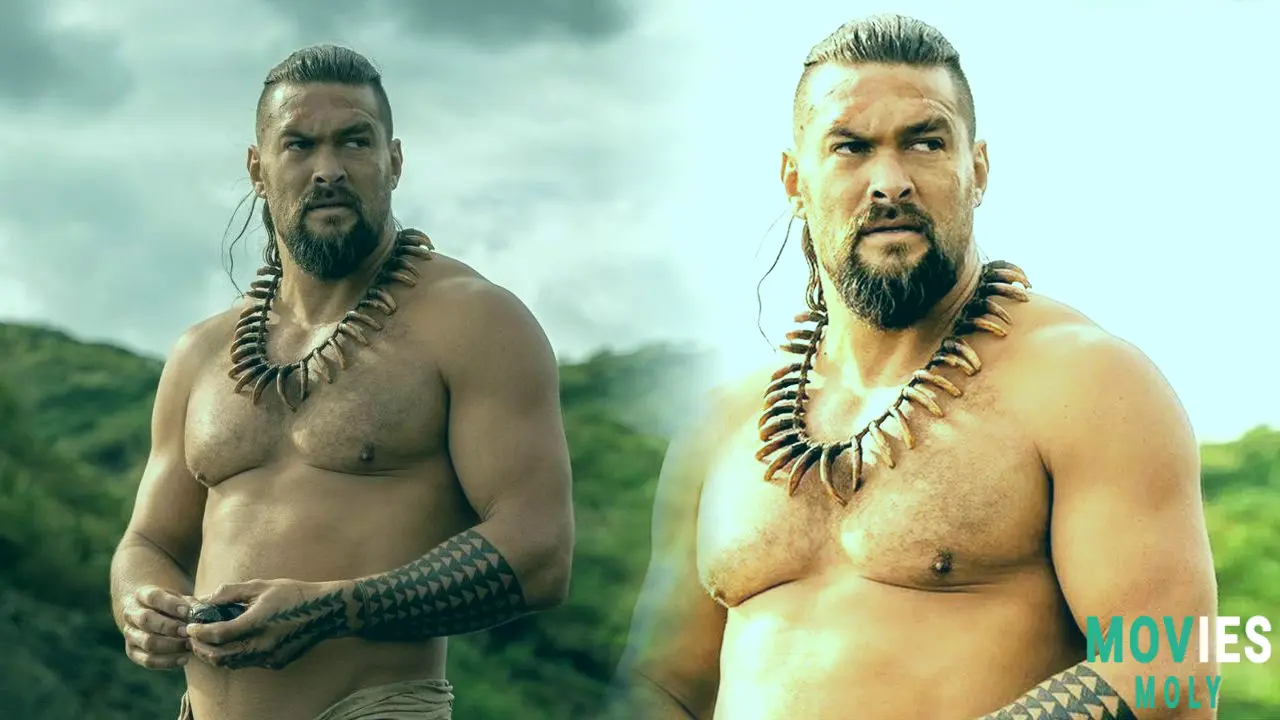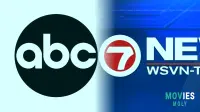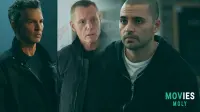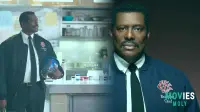Few stars in Hollywood shine as brightly — and as authentically — as Jason Momoa. Whether he's smashing waves as Aquaman or tearing through blockbusters like Minecraft, Momoa brings an energy that’s equal parts primal and personable. Now, at the peak of his mainstream fame, he’s channeling that energy into something deeply personal and culturally significant: Chief Of War, an Apple TV+ historical drama that Momoa doesn’t just star in, but co-wrote and co-executive produced.
From Comic Book King to Cultural Crusader: Momoa’s Career Comes Full CircleIt’s the kind of project only a certain kind of clout can unlock — and Momoa’s journey to this moment is as strategic as it is passionate. As Thomas Pa’a Sibbett, co-creator of Chief of War and longtime collaborator with Momoa, explains, they’ve been nurturing this idea for over a decade. “We knew that in order to pull off something like this, Jason needed to bring his star power up,” Sibbett says. That time has come. After breaking box office records with Minecraft and reprising roles in major franchises, Momoa wasn’t just a name. He was a force.
And he used that force not to sell more toys, but to bring to life the unification of the Hawaiian Islands — a story steeped in valor, vision, and virtually untold in mainstream media.
Chief of War Doesn’t Just Tell a Story—It Reclaims a History
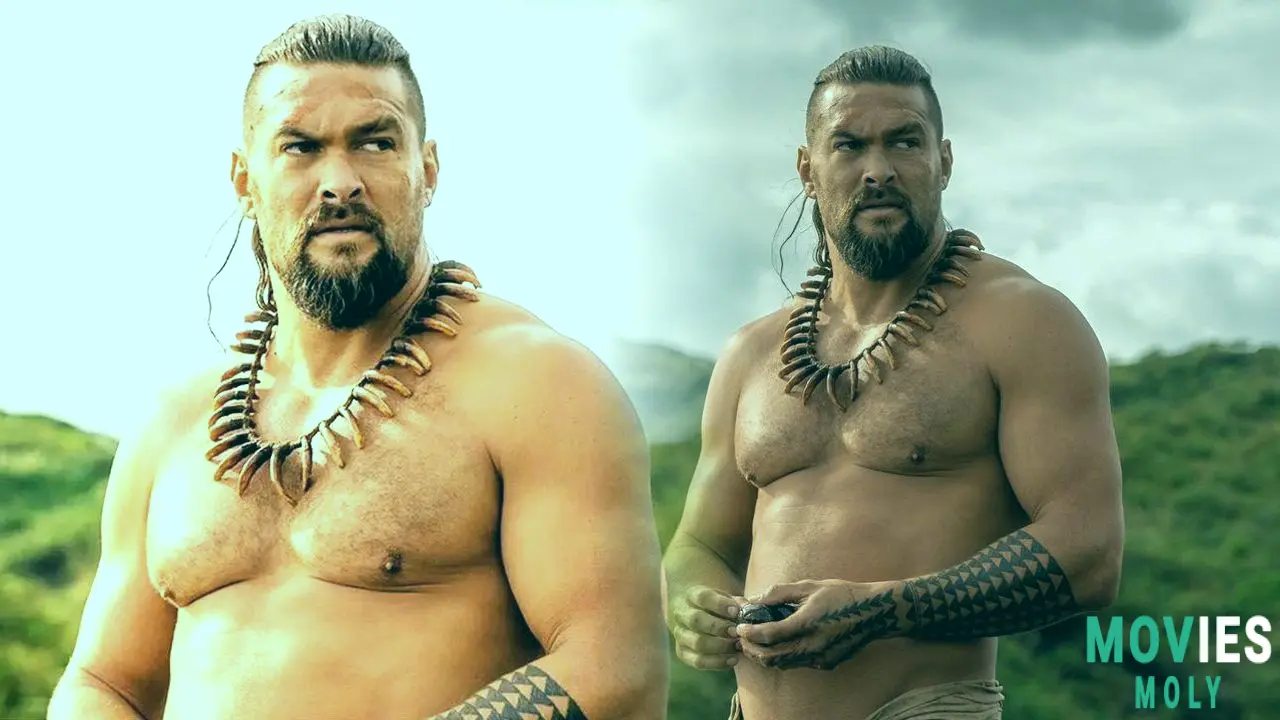
What sets Chief of War apart from any other historical drama — and yes, even from Game of Thrones, which Momoa famously referenced when comparing the scale of this show — is its commitment to authenticity. With an almost entirely Polynesian cast, and dialogue performed largely in ʻŌlelo Hawaiʻi (the Hawaiian language), the series dares to do what most Hollywood productions don’t: it centers culture, and it does so respectfully.
“If there was no language, then it takes the reality away,” says Sibbett. And so they fought for it. In a move as bold as it is meaningful, Apple TV+ greenlit a series that gambled on audience immersion into a native tongue. Awaiaulu, the Hawaiian language experts who translated ancient texts and coached the cast, made sure every word mattered.
For Momoa, learning Hawaiian was a monumental challenge. “It put Dothraki to shame,” he admits. The same mouth that once mugged for dragons now strains to pronounce Kahoʻokahi — a name that took him three months to master. But the effort was worth it. “It’s the hardest thing I’ve done in my life,” he says. “But it was beautiful.”
When Momoa Says “My Man,” He Means Cultural Resonance
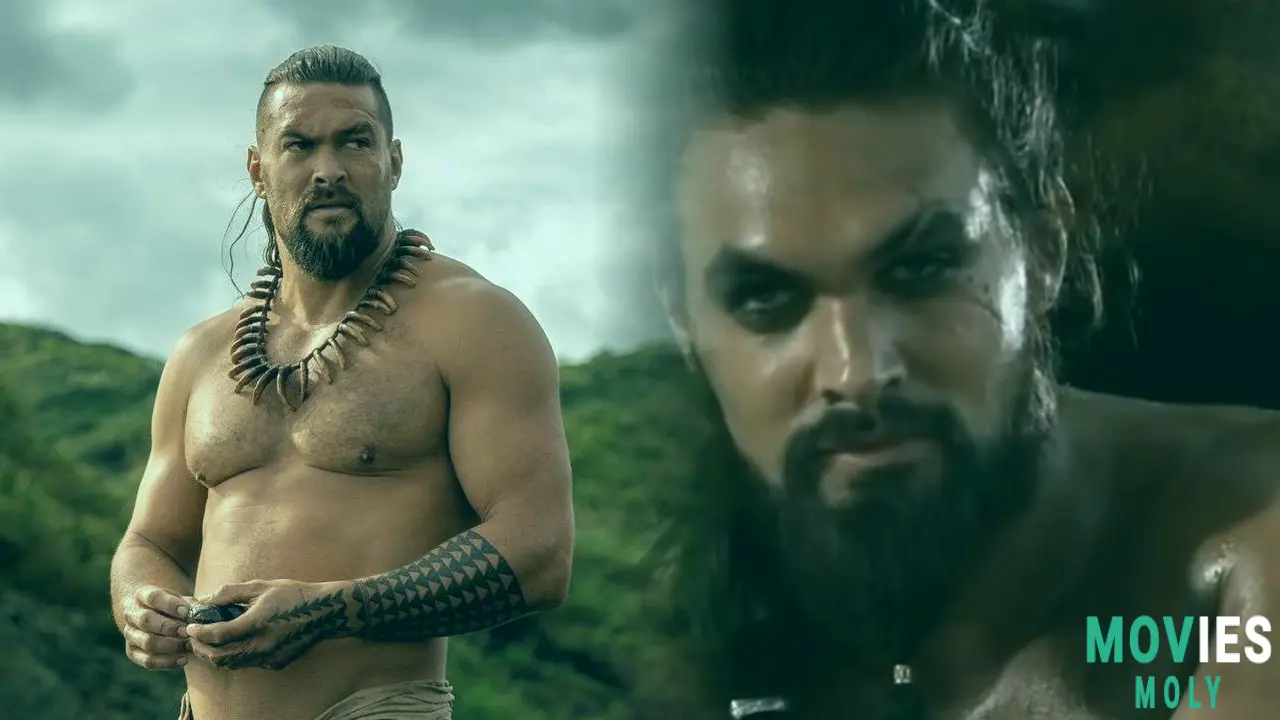
Momoa’s on-screen persona—exuberant, rugged, and somehow always brotherly—might seem like a natural fit for a show full of warrior kings and oceanic battles. And sure, there’s plenty of that. In the opening scenes of Chief of War, Momoa’s character ropes a shark like a lasso and rides it across the waves. It’s iconic. It’s visceral. It’s Polynesian fantasy grounded in historical reality.
But beneath the surface of the action yells and loincloth aesthetics is a deeper mission. This is Momoa stepping into the role he’s always wanted—not just as a hero, but as a storyteller for his people. “This is my Braveheart,” he says. “This is what we’ve been waiting for.”
A Native Hero’s Journey Behind the Camera and Into the Heart of Hawaiʻi
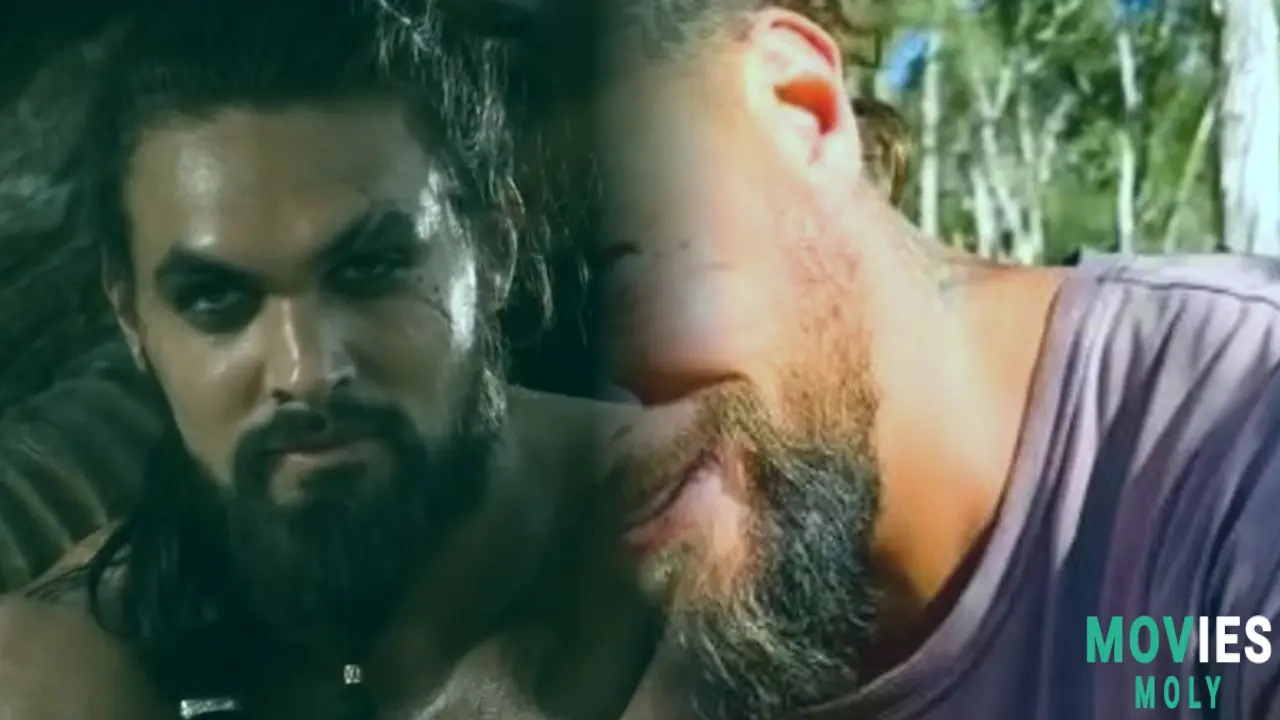
Perhaps the most striking element of Chief of War is how Momoa used his star power to elevate not just the story, but the community. The casting process brought in numerous Polynesians who had never acted before. Momoa shares an almost cinematic anecdote about Kaina Makua, who plays Kamehameha: a taro farmer with no acting experience whom Momoa spotted at a beach paddling race and instantly knew was the right man for the role. “I had to beg this man,” he says. “And he’s amazing. He destroys me in scenes.”
It's a move that speaks volumes. This isn’t just representation. This is empowerment. And it’s grounded in respect—a word that echoes throughout the production, from the traditional ʻAva ceremony that opened the first episode to the cultural advisors embedded in every department.
More Than Entertainment: This Is Polynesian Worlds Colliding With Hollywood
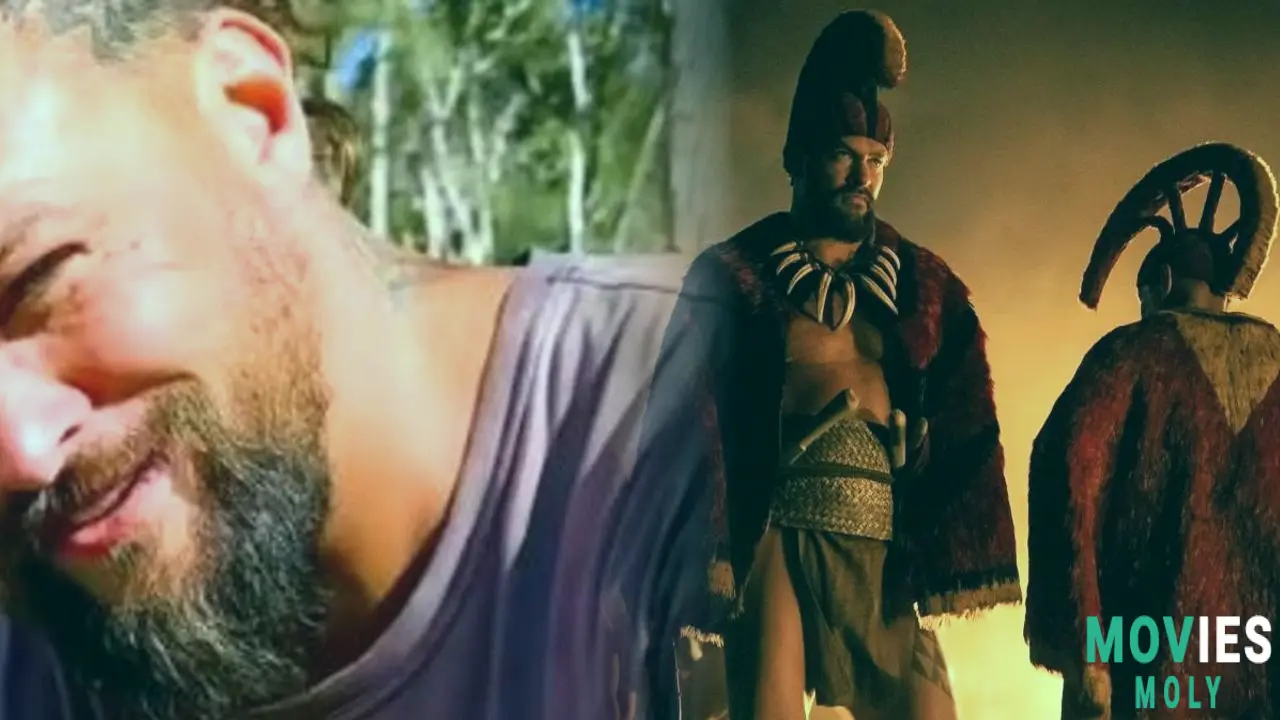
Momoa doesn’t just want Chief of War to entertain. He wants it to inspire. To educate. To open doors. “We sure as f**k kicked open that door,” he says. “Now all the younger kids can rush in there. That’s what we want. We want our people to be stoked.”
And for a man who’s often been typecast as the big guy who smashes stuff, this is Momoa at his most unbreakable. Not just in body, but in spirit. Chief of War isn’t just a show. It’s his legado — his legacy — and it’s dawning like a hero’s return across the Hawaiian horizon.

